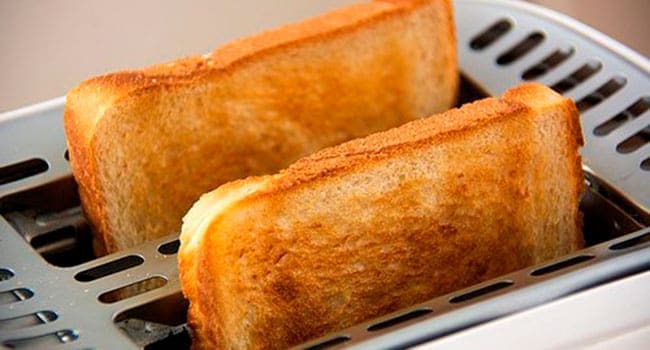 Most Canadians were stunned and dismayed to learn that the country’s leading grocer was caught up in a price-fixing scheme with bread-maker George Weston Ltd., which is owned by the same company.
Most Canadians were stunned and dismayed to learn that the country’s leading grocer was caught up in a price-fixing scheme with bread-maker George Weston Ltd., which is owned by the same company.
The scheme lasted from 2001 to 2015. As a result, Loblaw Companies Ltd. fired several people and gave $25 gift certificates to millions of Canadians who may have been affected. Then Loblaw applied for immunity from Competition Bureau prosecution.
That’s a precious gift for a company for whom image and brand – think the trusted President’s Choice products – is everything.
Any supply-chain-related issue is complicated. But in layman’s terms, what happened between Loblaw and Weston was inexcusable. For 14 years, Weston’s bakery products pricing gave Loblaw an unfair advantage, while disadvantaging other food retailers. The strategy was not so much about getting more money out of consumers – at least not recently – as about managing margins.
Bread is often a loss leader, an item sold at a loss to increase traffic in a store. In fact, according to Statistics Canada, a standard loaf of bread is cheaper today than it was in 2013.
A decade ago, the price of some bakery items doubled in just a few months. In 2007 and 2008, commodity prices were driven up by the growth in ethanol production. The price of a bushel of wheat reached unprecedented levels. Higher input costs were blamed for the enormous price hikes. Many countries were affected. But the market cooled and bread prices remained high.
Loblaw did the right thing by coming forward but questions have cropped up as details emerged:
The duration of the scheme
For 14 long years, two of the largest players in the business altered market conditions, just because they could. Many wonder why it took so long for the company to realize it had a problem. In the grocery industry, a week is an eternity, let alone 14 years.
Most food businesses are a recall away from closing. Quality assurance and ethics are central to most businesses, including Loblaw. So it’s difficult for Canadians to believe the company had only just become aware of the issue. The case for plausible deniability at Loblaw is weak at best.
The people involved
It’s likely that over several years, more than just a few employees were a part of this. Numerous employees have come and gone, moving on to other positions, probably in the food industry. So there’s a possibility that the culture of collusion and price-fixing may have spread. The movement of human capital, over time, may have created an industry-wide problem. That’s scary.
So we can conclude that Loblaw’s coming out is just the beginning. The Competition Bureau is also investigating Sobeys, Metro, Walmart, Giant Tiger and even bread producer Canada Bread.
It’s quite conceivable that similar schemes could exist in other parts of the grocery store. This matters to all Canadians.
The $25 gift card is just window dressing. What’s at stake is consumer trust and how the industry can maintain its social licence. Without this, growing revenues, supporting communities, innovating, partnerships, loyalty programs all become more challenging.
Independent grocers have the most to win out of this mess. They just can’t do what Loblaw’s and Weston admitted to doing for 14 years. They don’t have the market power.
But it’s doubtful that Canadians have the stamina or the discernment to punish the company by withholding their shopping dollars. Habits are hard to break, especially with food.
As surprising as Loblaw’s admission may be, the market is cruelly fickle. Despite breaking the law, most will have forgotten about Loblaw’s mea culpa within weeks – perhaps even days, given the time of year.
These cases are inherently complicated. For example, most people have forgotten that Hershey admitted doing the same thing just a few years ago.
And for Loblaw, this incident won’t be as damaging as the Joe Fresh facility disaster in Bangladesh in 2013, when more than 1,100 people were killed. Not even close.
Now Canadians have reason to doubt the grocery industry.
Nevertheless, the fact that a main food staple like bread was targeted by the bureau gives hope for change.
However complicated the situation may be, phrases like ‘price-fixing’ bring some clarity. Canadians understand that’s wrong, plain and simple. Let’s hope the industry understands, too.
Dr. Sylvain Charlebois is senior director of the agri-food analytics lab and a professor in food distribution and policy at Dalhousie University.
Sylvain is a Troy Media Thought Leader. Why aren’t you?
The views, opinions and positions expressed by columnists and contributors are the author’s alone. They do not inherently or expressly reflect the views, opinions and/or positions of our publication.

